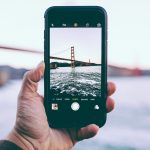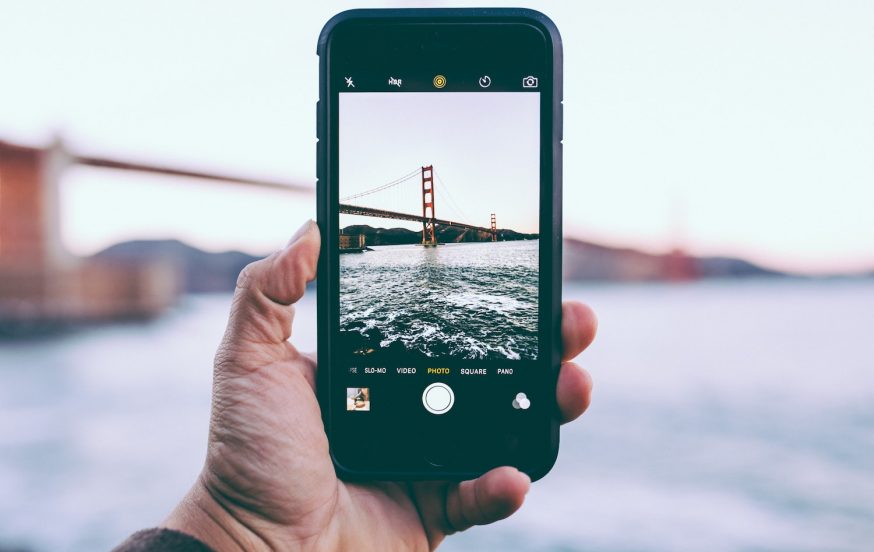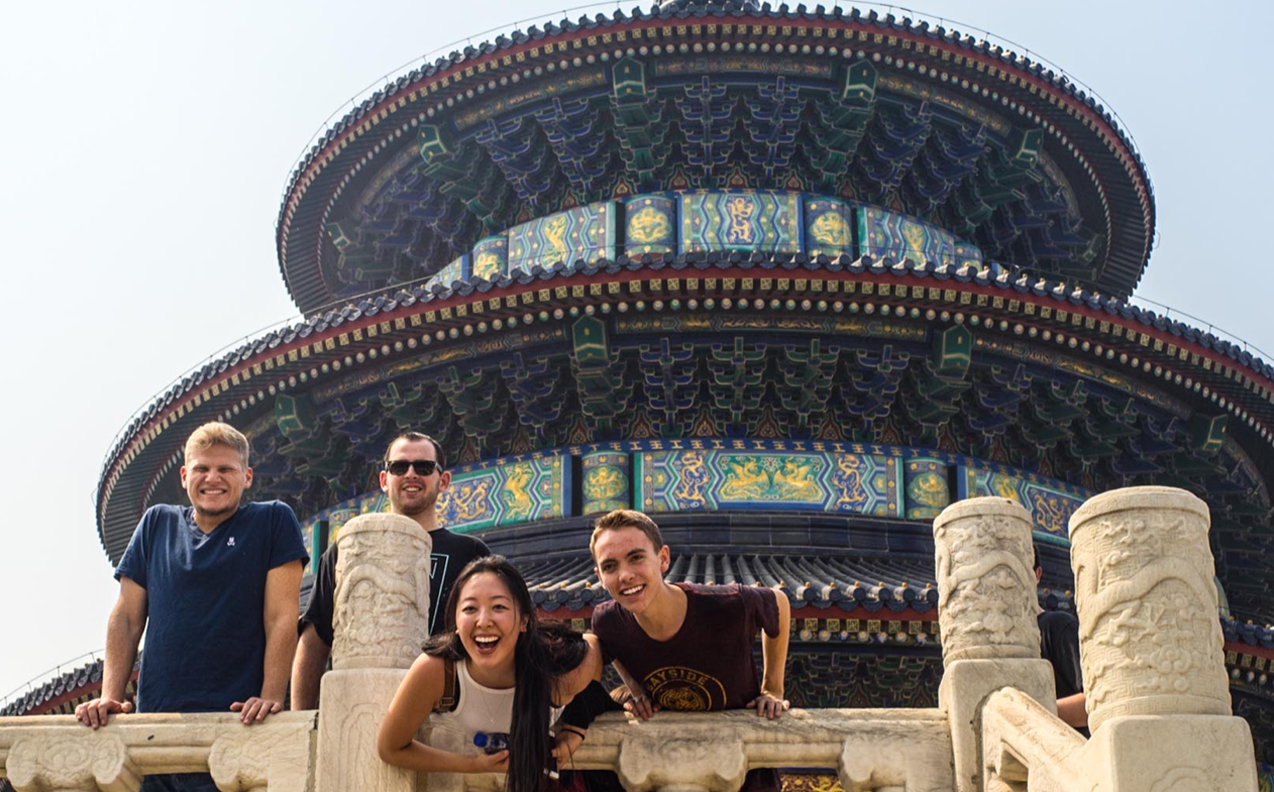Our students are growing up surrounded by technology, but how often are we giving them the chance to use their savvy smartphone skills within a lesson plan? Instead, we find ourselves constantly asking students to put away their phones or to stay on task when working online. Travelling gives our classrooms a fantastic opportunity to both put their skills to work, while also teaching students the importance of moderation. That said, you should definitely create a mobile phone policy that limits their use at meals, while Tour Directors (for international tours) or tour guides are speaking, and during any announcements. I always use the following rule – no mobile phones for the first 5 minutes at any destination. Instead, ask students to use their five senses first to take in their surroundings, taking mental pictures and soaking in the pure beauty with their own eyes.
A smartphone comes equipped with a camera (most even have video) and our students know all too well how to take the perfect selfie. That little device can also be a primary source finding machine, especially while travelling. Create a “digital scavenger hunt” for your students, asking them to snap photos of a variety of key sights, foods, natural wonders, or even locals (with their permission) as a way of capturing the full experience. You can have a few prizes as a motivator, but make sure you create rules and parameters on what counts to offset any competitive battles that may arise. Deepen the learning experience by limiting the time students have to capture this content at each destination. This will keep them off their phones, while still giving them space for at least one good selfie.
Not into having students on the hunt? No worries – have them use their phones to create a gallery walk of their experience. Each student must capture 10 photos that tell a story of their time travelling. Each photo they select for their gallery walk must include a caption with location and context. This is a great way to not only showcase the amazing adventures, but also build excitement for your future tours. Parents and staff will have the chance to see how the experience was in the students own words.
We’ve teamed up with Walter Doyle, English teacher and co-founder of Kids N Culture, to bring you this 5 part education series exploring how travel connects to the classroom and improves academic performance. Walter is an expert in all things educational travel and has seen first-hand the learning benefits of taking students outside the classroom and into the real-world.



